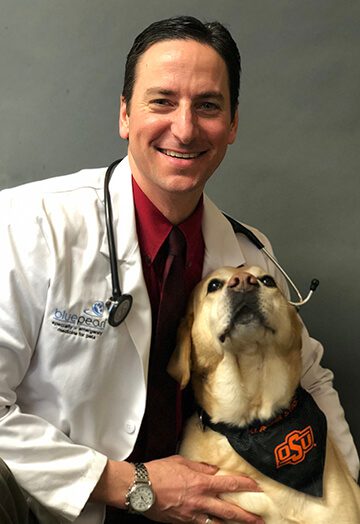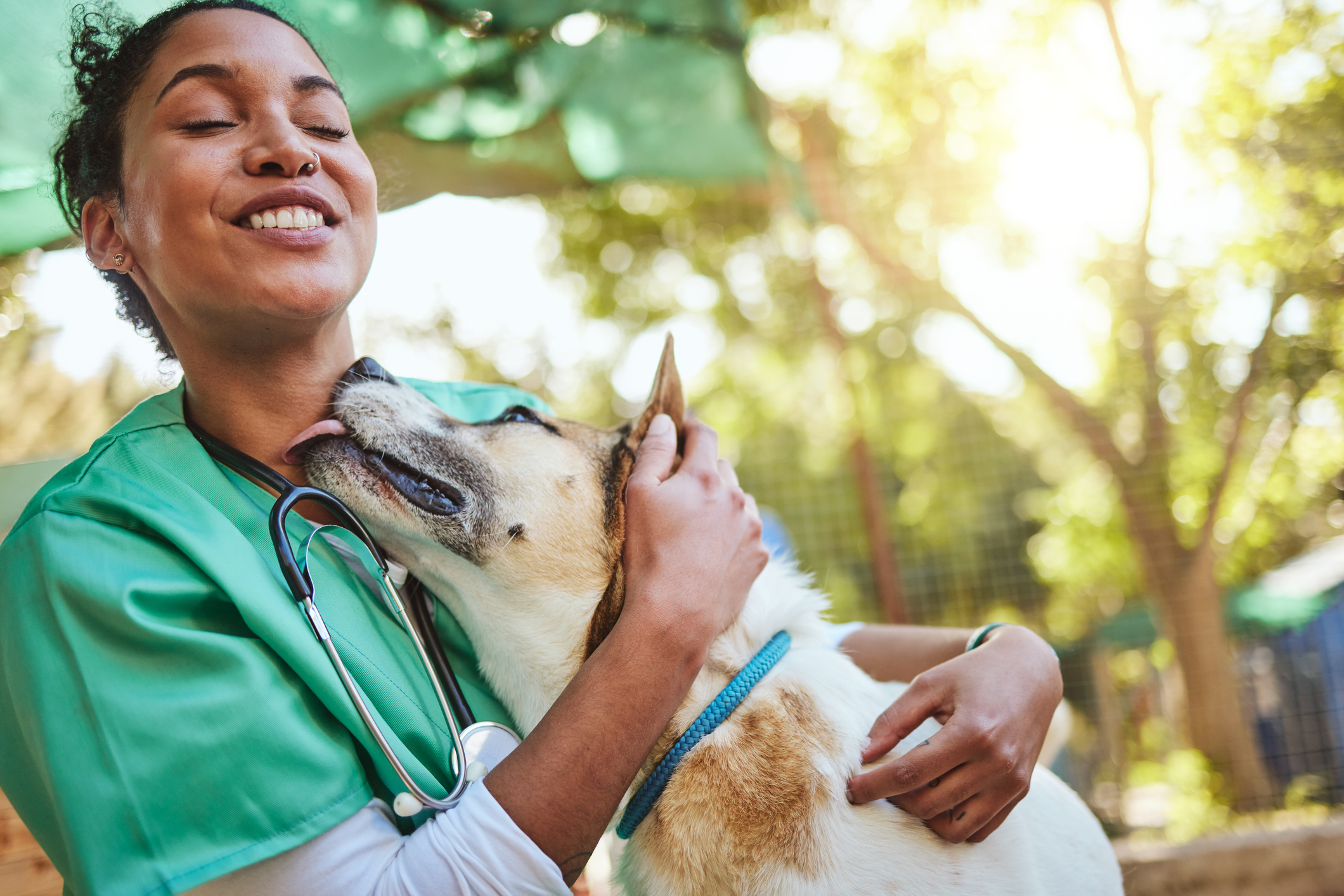Why Vet Enterprise Is the Leading Option for Quality Pet Treatment in Your Area
Why Vet Enterprise Is the Leading Option for Quality Pet Treatment in Your Area
Blog Article
Inoculation Standards From Your Relied On Veterinarian
Inoculation guidelines offered by your relied on veterinarian play an essential duty in protecting your pet dog's health and wellness and well-being. Additionally, resolving common misconceptions surrounding vaccinations can further improve pet dog owners' confidence in these preventative measures.

Importance of Vaccinations
Inoculations play a pivotal duty in protecting family pets versus an array of avoidable conditions. By stimulating the body immune system to identify and combat specific pathogens, vaccines significantly decrease the incidence of infectious conditions that can influence an animal's wellness and longevity. Not only do vaccinations safeguard private animals, however they likewise contribute to herd resistance, thus minimizing the overall frequency of illness in the pet populace.
Timely inoculations help to minimize the spread of illness such as rabies, parvovirus, and distemper, which can have severe repercussions for both humans and pet dogs. Moreover, vaccinations are often a need for boarding facilities, brushing solutions, and pet dog parks, making them important for those that want to mingle their family pets.

Core Vaccines for Pet Dogs
While the certain vaccination demands of pet dogs can vary based upon private factors, core vaccinations are generally recommended to secure against one of the most typical and serious diseases (Emergency Vet). Core injections are those deemed necessary for all animals, no matter of their lifestyle or geographical location, as they secure versus highly infectious and possibly fatal ailments
For canines, the core injections include those for canine distemper, parvovirus, adenovirus (liver disease), and rabies. Adenovirus can result in liver condition, while rabies is a zoonotic condition that poses a risk to both people and pet dogs.
In pet cats, core vaccinations encompass feline panleukopenia, feline calicivirus, feline herpesvirus (rhinotracheitis), and rabies. Feline panleukopenia is a highly infectious viral illness that influences the body immune system and intestines. Calicivirus and herpesvirus are major contributors to upper respiratory system infections in cats, while rabies continues to be a crucial problem for public wellness.
Speak with your vet to ensure your pet dogs obtain their core vaccinations on time.
Non-Core Vaccines Explained
Non-core vaccines are customized to deal with certain threats related to an animal's direct exposure, way of life, and setting to particular conditions. Unlike core vaccines, which are generally recommended for all pets, non-core injections are considered based on private scenarios. These injections are particularly important for pet dogs that may come across one-of-a-kind pathogens due to their geographical area, traveling routines, or tasks.
Examples of non-core injections include those for Bordetella bronchiseptica, which is connected to kennel cough, and Lyme illness, caused by ticks. Pet dogs that often communicate with various other animals, such as those in boarding centers, pet dog parks, or grooming settings, may gain from Bordetella inoculation. If you live in an area where Lyme illness is widespread, immunizing versus this condition can be a prudent choice for outdoor-loving canines.
Various other non-core vaccinations might include those for leptospirosis, canine influenza, and feline leukemia, depending upon the details danger factors existing. It is necessary to have a thorough discussion with your vet concerning your pet dog's lifestyle and the potential demand for these vaccinations, making certain a tailored inoculation technique that ideal safeguards your hairy good friend.
Vaccination Schedule Overview

As animals grow, it is very important to comply with the suggested booster Look At This vaccinations. Vet Enterprise. For adult animals, core vaccinations are generally given every one to 3 years, relying on the particular vaccine and local guidelines. Non-core vaccines might be suggested based upon way of life factors and local disease prevalence, demanding a tailored technique
Routine vet exams are critical for upgrading inoculation timetables. Your veterinarian can offer assistance on one of the most appropriate immunizations for your animal, considering age, health standing, and ecological dangers. By remaining positive and notified, animal owners can ensure their hairy friends obtain efficient and prompt vaccinations, thus guarding their health and wellness and health throughout their lives.
Usual Myths Regarding Vaccines
Mistaken beliefs regarding family pet inoculations can lead to confusion and hesitation amongst family pet owners relating to the immunization procedure. One prevalent misconception is that vaccinations are unneeded for indoor animals. While it's real that interior family pets face lower dangers, they are not entirely unsusceptible to conditions, as pathogens can be presented via various ways, including human clothes and various other pet dogs.
One more false impression is that vaccinations can trigger the illness they aim to stop. Actually, a lot of vaccines include inactivated or attenuated microorganisms, which can not trigger condition in healthy and balanced pets. Some animal owners additionally think that website here their animals ought to not be immunized if they are already healthy and balanced; nevertheless, inoculations are a positive action that assists protect against the beginning of illness.
In addition, many pet dog owners are afraid that look at these guys vaccinations will result in long-term health issues. While negative effects can occur, they are momentary and typically moderate. The advantages of inoculation-- protecting animals from possibly life-threatening illness-- much surpass the threats. Understanding these common myths is vital for responsible family pet possession and making certain the health and wellness of your fuzzy friends. Always consult your veterinarian for precise info customized to your pet's certain needs.
Conclusion
In summary, adherence to inoculation guidelines is crucial for making certain the health and wellness and long life of family pets. Dispelling usual myths bordering vaccinations better reinforces the value of informed decision-making in pet dog care.
Not just do vaccinations safeguard specific animals, yet they also add to herd resistance, therefore minimizing the general frequency of illness in the animal population.
False impressions regarding animal vaccinations can lead to complication and reluctance among family pet proprietors concerning the booster shot procedure. While it's true that indoor animals face lower dangers, they are not entirely immune to conditions, as pathogens can be introduced with numerous means, including human garments and other animals.
Some pet dog owners also think that their animals need to not be vaccinated if they are already healthy and balanced; however, inoculations are a proactive procedure that helps avoid the start of disease.
The benefits of vaccination-- protecting animals from potentially dangerous illness-- much outweigh the threats.
Report this page